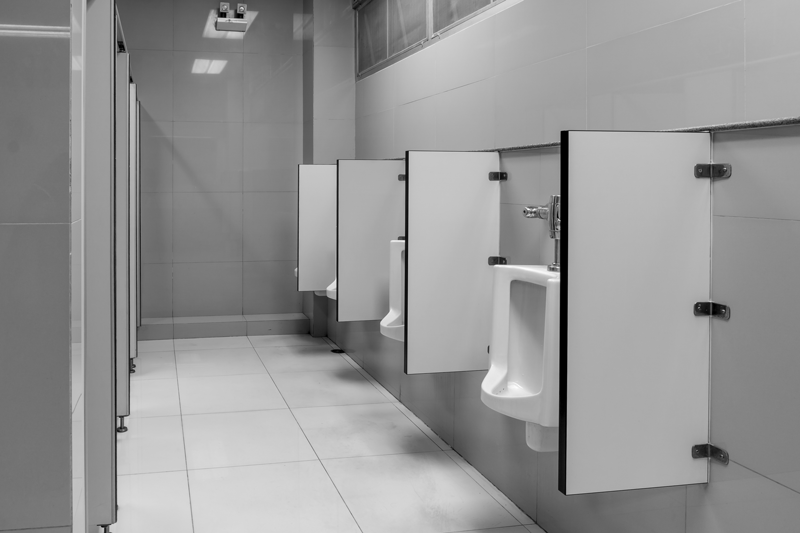The International Association of Plumbing and Mechanical Officials (IAPMO®) is seeking Canadian input in the development of IAPMO Z124.10, Water Closet and Urinal Partitions, as a National Standard of Canada. Canadian regulators, consumers and other professionals with technical background in plumbing and mechanical systems, such as jurisdictional authorities, laboratory and educational facility representatives, are requested to provide comments by no later than Feb. 21, 2022.
This Z124.10 standard covers urinal and water closet partitions and specifies requirements for materials, construction, performance testing and markings. This standard does not regulate field installed walls or doors used to provide privacy for water closets or urinals constructed in compliance with the building code.
Comments received will be forwarded to the IAPMO Plumbing Standards Committee (PSC) for review and consideration.
The PSC is an established balanced committee, which consists of both U.S. and Canadian stakeholders. The PSC members are responsible for developing new and maintaining existing IAPMO/ANSI American National Standards and CAN/IAPMO National Standards of Canada. The PSC operates in accordance with IAPMO’s accredited procedures for standards development: IAPMO PP-2 (Policies and Procedures for Development of National Standards of Canada) and IAPMO PP-1 (Policies and Procedures for Development of American National Standards).
Founded in 1926, IAPMO seeks to be a worldwide leader in the plumbing and mechanical industry through protecting health and safety. IAPMO develops industry standards with a focus on plumbing products, solar heating systems and components, mechanical products (including heating, ventilation, cooling and refrigeration system products), and products used in the recreational vehicle and the manufactured housing industry.
Anyone wishing to submit a comment, may do so by no later than Feb. 21, 2022, by using this link.
For questions, please contact Terry Burger at (909) 519-0740 or terry.burger@iapmo.org.
Last modified: January 6, 2022

